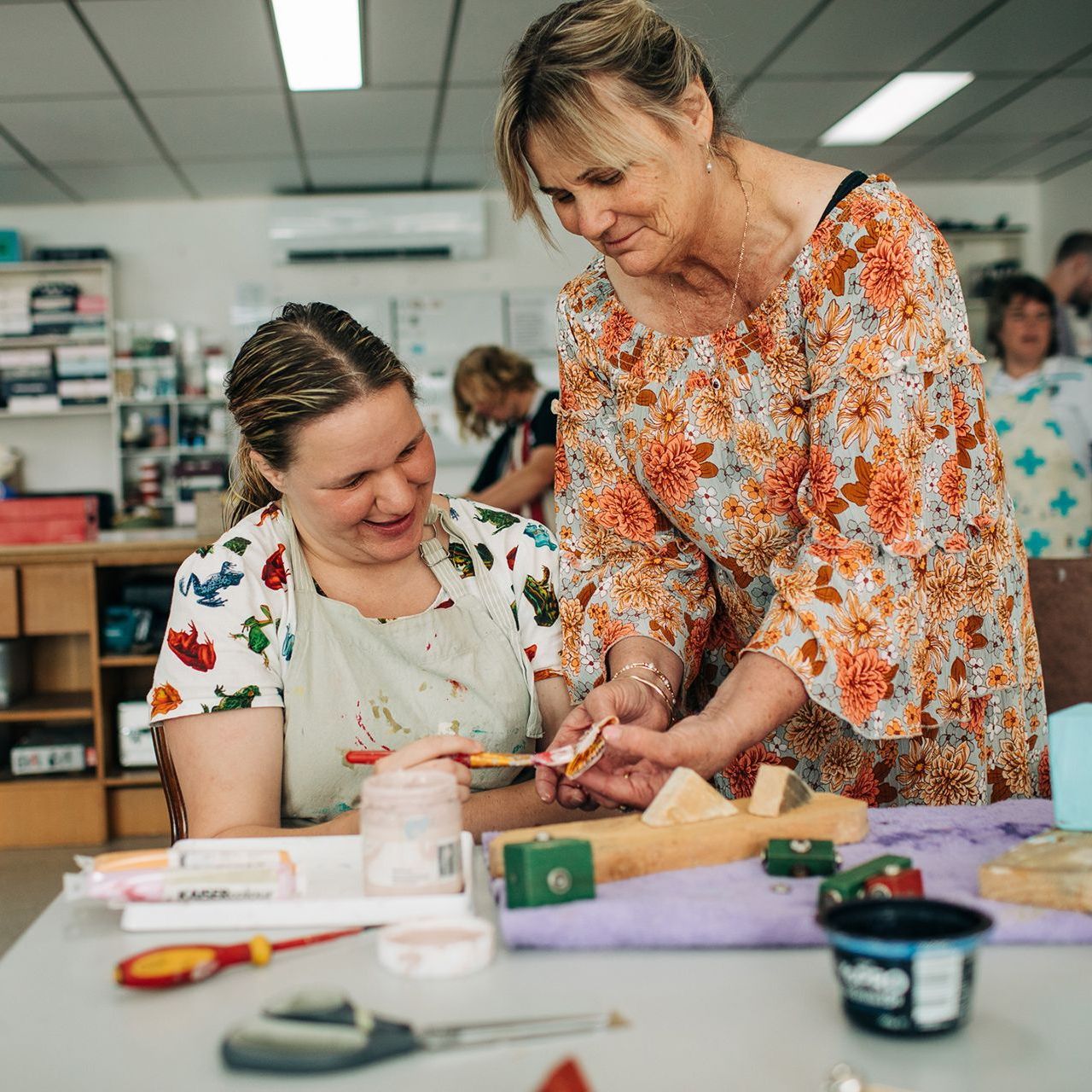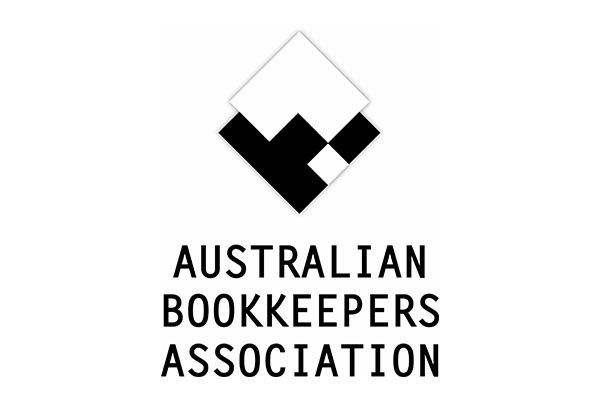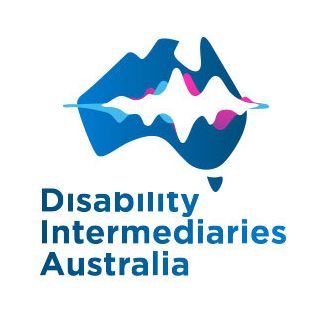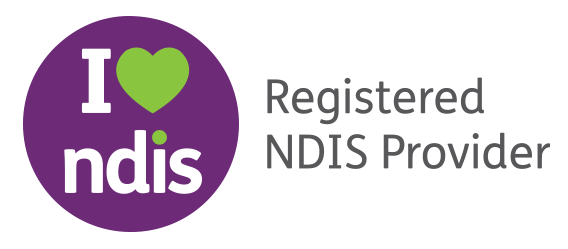Participant Enquiries
NDIS-Funded Assessments: What’s Covered (and What’s Not)?

If you're navigating the NDIS (National Disability Insurance Scheme), understanding what assessments are funded — and which aren't — can save you time, money, and confusion.
In this guide, we break down the types of assessments the NDIS typically covers, which ones fall outside its scope, and how to access the right supports.
NDIS-Funded Assessments: What’s Covered?
The NDIS funds assessments that help determine how a person’s disability impacts everyday functioning — not to provide or confirm a diagnosis.
Functional Capacity Assessments (FCA)
A Functional Capacity Assessment helps determine how your disability affects your daily life — things like personal care, mobility, social participation, and work readiness.
It may be used to:
- Request more supports in a plan
- Support a plan review
- Justify assistive technology, home modifications, or increased hours
These are typically conducted by:
- Occupational therapists
- Physiotherapists
- Psychologists or other allied health professionals
Tip: Ask your support coordinator or therapist if funding for a FCA is included in your current plan.
Therapy-Based Assessments (Occupational Therapy, Speech, Physio)
These assessments inform treatment plans or confirm the need for continuing therapy. They evaluate:
- Communication or speech difficulties
- Sensory needs or emotional regulation
- Gross and fine motor skills
These are typically part of routine progress reports and can be funded when linked to achieving your NDIS goals.
Housing and Independent Living Assessments
Participants seeking Supported Independent Living (SIL), Specialist Disability Accommodation (SDA), or Individualised Living Options (ILO) may require:
- Housing needs assessments
- Support ratio reports
- Positive Behaviour Support practitioner reports
These assessments are often funded under Capacity Building or Core, depending on your goals and current supports.
Assistive Technology Assessments
If you need AT like wheelchairs, communication devices, or vehicle/home modifications, the NDIS often funds a specialist assessment to determine what’s suitable and necessary.
Assessments Not Funded by the NDIS
There’s often confusion about what the NDIS won’t cover. Generally, diagnostic and medical assessments are excluded, while the NDIS provides support for day-to-day disability needs, it doesn’t replace medical or educational systems.
Diagnostic Assessments

These are used to determine whether someone has a specific condition like:
- Autism Spectrum Disorder (ASD)
- Attention Deficit Hyperactivity Disorder (ADHD)
- Intellectual disability
- Learning disorders
Common tools: ADOS-2, WISC-V, WPPSI, cognitive/IQ testing.
Why not funded? These assessments establish a diagnosis — not the impact of disability on daily life — and are the responsibility of the health or education system.
Mental Health Diagnosis Reports
Initial psychiatric reports or mental health diagnoses (e.g. depression, PTSD) are considered medical assessments, not functional assessments, and generally fall outside NDIS funding.
Educational or Learning Assessments
Academic testing, learning difficulty assessments, or school placement evaluations are funded by education departments or private health — not the NDIS.
Why the Distinction Matters
The NDIS funds supports that help you live more independently — not to determine if you have a diagnosis.
Understanding the difference between functional vs diagnostic assessments helps you:
- Avoid submitting ineligible invoices
- Know what to request in your next plan
- Communicate clearly with your support providers
Funded vs. Not Funded: Quick Comparison
| Funded by NDIS | Not Funded by NDIS |
|---|---|
| Functional Capacity Assessments | ASD or ADHD Diagnostic Testing |
| Therapy-based Assessments (OT, Speech, etc.) | Cognitive or IQ Testing |
| Assistive Technology Assessments | Mental Health Diagnoses |
| Housing & SIL Assessments | Educational or Learning Assessments |
How to Get Assessments Funded
- Check your plan: Look under Capacity Building > “Improved Daily Living”
- Ask during your plan review: Request assessments that support your goals
- Get a quote: Your therapist can provide a quote to submit before booking
- Work with a support coordinator: They’ll help request the funding and find the right provider
Plan Managers Can Help Too
While NDIS plan managers don’t request assessments for you, they can help you:
- Confirm what’s already funded in your plan
- Monitor your Capacity Building budget
- Check if an assessment fits within your available funds
How a Support Coordinator Can Help
- Recommend the Right Assessment
They’ll identify whether you need a Functional Capacity Assessment, psychosocial report, or another functional evaluation. - Connect You with the Right Professionals
Coordinators work with allied health providers experienced in NDIS reporting. - Request the Funding
If needed, they’ll submit a Change of Circumstances or Plan Review request with supporting evidence. - Coordinate the Process
They’ll help organise bookings, collect quotes, and liaise with providers on your behalf. - Support Your Plan Review
Once the assessment is done, your coordinator can submit it properly to the NDIA and explain its relevance to your funding goals.
Need Help Navigating Assessments or Plan Reviews?
At Empowrd, we support NDIS participants with:
- Australia-wide NDIS Plan Management – Fast, clear budgeting support and invoice payments
- Local Support Coordination – Guidance on assessments, funding requests, and plan reviews
- Expertise you can trust – Helping you understand what the NDIS funds and how to access it
📞 Call (08) 8683 4401 or visit our website to find out more.
We’re here to make your NDIS journey clearer, easier, and more empowering.

NDIS Plan Management and Support Coordination
At Empowrd, we are here to make your life easier. Based in Port Lincoln on the Eyre Peninsula, we offer a personal, accessible and holistic approach to NDIS Plan Management and Support Coordination.
We provide Plan Management services across Australia, assisting with financial administration, and offer Support Coordination to participants in Port Lincoln and Eyre Peninsula, connecting them with the right supports and providers. Our goal is to ensure your NDIS plan works for you, so you can focus on achieving your goals and doing what you love.

Want to Become a Support Worker?
Our Independent Support Workers Education Portal provides everything you need to navigate the NDIS, find work, and confidently offer services as an Independent Support Worker. For just $65, you will gain access to comprehensive guides, essential resources, and ready-to-use templates to streamline your work.
Inside, you will find:
- A clear breakdown of how the NDIS works
- Tips for finding jobs and delivering services
- Step-by-step guidance on invoicing and support planning
- Ready-to-edit templates for quotes, service agreements, invoices, and case notes
Need just the templates? You can also purchase them separately as standalone resources.
I hope you enjoy reading this blog post.
If you are ready to be Empowrd to live your life to the fullest, let us steer you on the right path.
Be EMPOWRD to Live Your Best Life
If you’re ready to be empowered to live life on your terms, we’re here to help guide the way. At Empowrd, we offer a personal, accessible, and holistic approach to NDIS Plan Management and Support Coordination. We’ll ensure your plan works for you, allowing you to focus on your goals and the things you love most.














